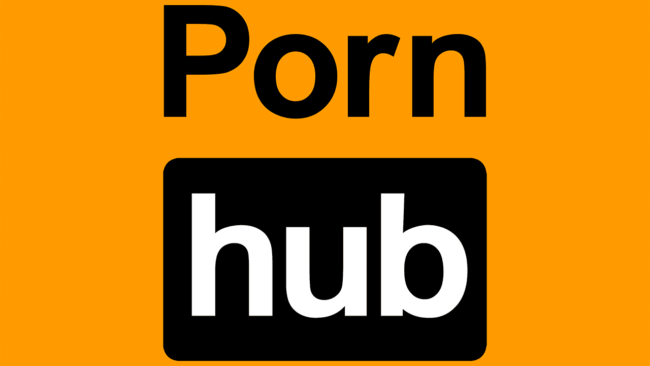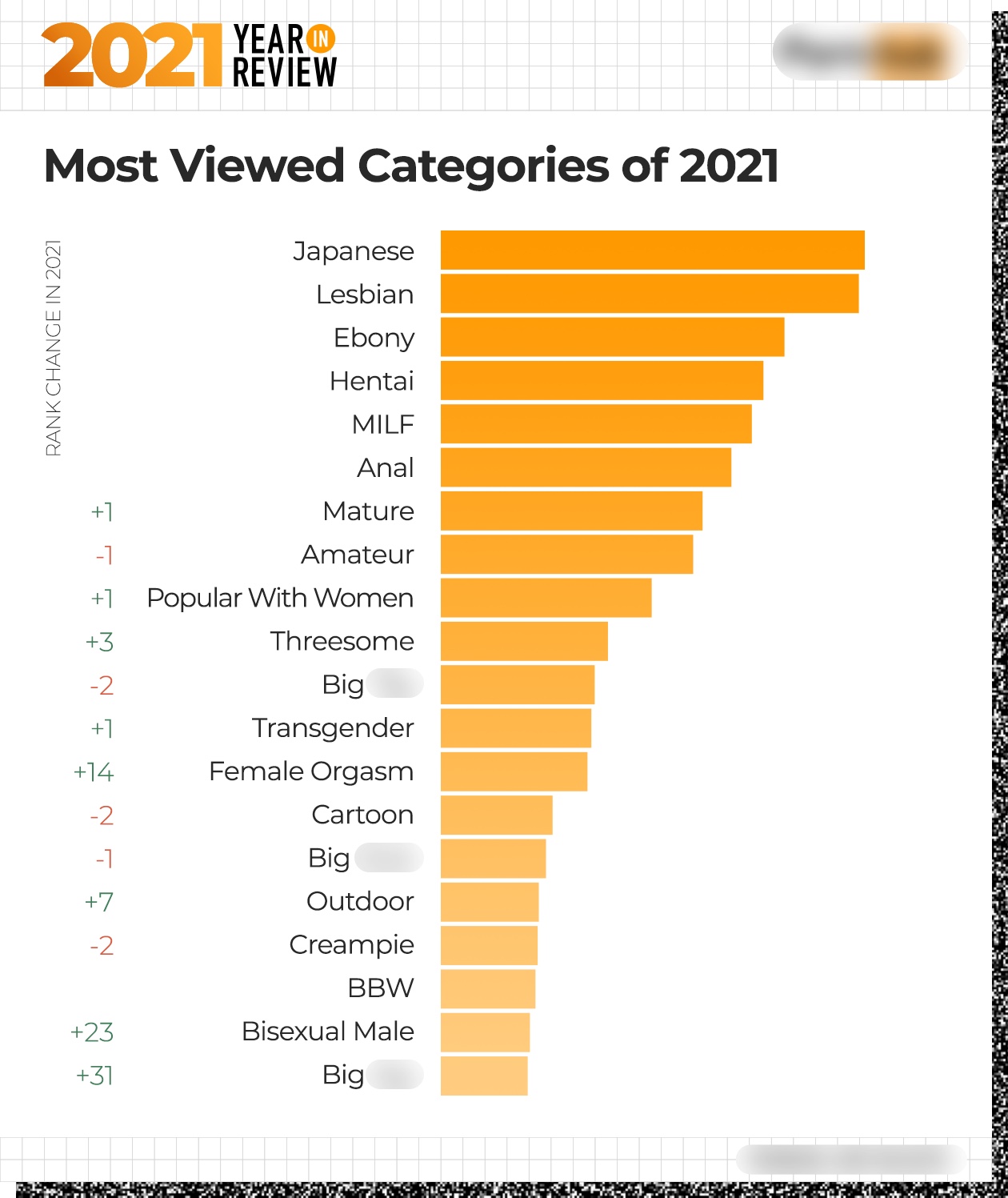So, when you see a term like "purnhub.", it's almost immediately clear that it points to something very, very familiar in the online world. This particular spelling, you know, often brings to mind a very large, globally recognized platform, a place that has, in some respects, been at the center of many conversations about internet content. It's not just a word; it actually represents a complex web of legal discussions, public debate, and quite significant changes happening across the digital space, especially concerning who can access what online.
Actually, this term, or rather the platform it closely resembles, has found itself right in the middle of a rather big shift, particularly regarding how age is confirmed for users. You see, there's a growing movement, especially from various state governments, to make sure that online services, particularly those with certain types of content, have really robust ways to check a person's age. This isn't just a minor technical adjustment; it's a fundamental change that impacts how these sites operate, how people use them, and even the very idea of privacy on the internet.
As a matter of fact, the challenges and decisions facing the company often linked with "purnhub." are a good example of what many online content providers are dealing with today. We're talking about things like blocking users in certain areas, considering big policy changes, and facing a lot of public attention. This article will explore these developments, looking at the reasons behind them and what they might mean for the future of online access and safety. It's a discussion that, you know, touches on a lot of important points about how we use the internet.
Table of Contents
- What is "purnhub."? Unpacking the Term
- Age Verification: A Shifting Legal Ground
- The Ongoing Debate: Online Safety vs. Access
- Global Perspectives on Digital Content Access
- Frequently Asked Questions About Online Age Verification
What is "purnhub."? Unpacking the Term
The Name's Origin and Common Usage
When you encounter the word "purnhub.", it's pretty clear, actually, that it's a variation, perhaps a misspelling, of a much more widely recognized term. This dictionary definitions page includes all the possible meanings, example usage and translations of the word purnhub, suggesting it's a subject of curiosity. It’s a bit like how people might accidentally type "parnaiba" or "parnahiba" when they mean something else entirely. In a way, these slight changes in spelling can, you know, point to how a term becomes part of everyday language, even with its quirks. People often use these slightly altered spellings online, perhaps for privacy reasons, or maybe just because of a simple typing error. It’s interesting, really, how a single letter can change things, yet the meaning remains quite clear to most internet users. This very common, almost universal, recognition of the intended platform, despite the slight change in letters, is a testament to its widespread presence and the conversations it generates.
The Platform Often Associated with "purnhub."
So, the term "purnhub." is, for many, almost directly linked to "Pornhub," a company that, as a matter of fact, has its headquarters in Canada and is known worldwide. This particular company has, for a long time, projected an image of being healthy and positive, yet it has recently faced, you know, a lot of public questioning and criticism, perhaps more than ever before. There's been news, for example, that this very large adult website might be considering a major change, possibly even shutting down in some areas by the end of the year, which is quite a development. This platform, which some might call P站 (P-zhan) in Chinese, has been the subject of numerous discussions, with videos teaching people how to access it. For instance, there are videos with very high view counts, like 411,871 views, showing how to get in, which just goes to show how much interest there is. It's a platform that, frankly, generates a lot of conversation, not just about its content, but about its operations and its place in the digital world.
Age Verification: A Shifting Legal Ground
The Rise of State-Level Requirements
There's been a rather significant wave of new laws appearing, especially across different states, that are making it a requirement for online platforms to verify the age of their users. This is, you know, a pretty big deal. Pornhub, for instance, has actually blocked users in more than a dozen states in response to these new rules. It's a direct consequence of legislative actions aiming to control access to certain types of content. For example, after age verification requirements made the pornography site leave Texas last year, the company is considering returning to the state. This shows just how impactful these state-level mandates can be. It's not just a suggestion; it's a legal obligation that, quite literally, changes how these sites can operate within specific geographical areas. This trend, you know, highlights a growing push from governments to ensure that digital spaces are safer, especially for younger individuals, which is a goal many people support, but the implementation can be quite tricky.
The Company's Response and Challenges
The company that owns Pornhub, its parent company, might be considering a move to conduct age verifications after all, according to a new report from Bloomberg Law. This is a pretty big shift in their approach, given their previous actions. They have, as a matter of fact, already blocked users in more than a dozen states due to these new laws requiring age verification. This isn't just a minor inconvenience for them; it's a fundamental challenge to their business model and how they serve their audience. The fact that they are considering returning to Texas, a state they left because of age verification requirements, really shows how much pressure they are under to adapt. It's a complex situation, you know, balancing user access with legal compliance. Implementing a truly effective age verification system is, quite honestly, a massive technical undertaking, requiring significant resources and raising questions about user privacy. It’s a very difficult tightrope walk for any large online platform.
The Broader Implications for Online Services
The push for age verification, as seen with the platform associated with "purnhub.", has, you know, much wider implications for nearly all online services. It’s not just about specific types of content anymore; it's about how the internet, as a whole, might evolve. Think about it: if every website or app had to verify age, the user experience would change quite a bit. There are significant technical hurdles involved in building systems that are both accurate and secure. Then there's the privacy aspect: collecting and storing age data, perhaps even identity documents, raises very serious concerns about how that information is protected. It's a bit of a balancing act, really, between protecting vulnerable populations and maintaining a free and open internet. This debate, arguably, shapes the very future of digital interaction, influencing everything from social media to gaming platforms. It’s a conversation that, quite frankly, affects everyone who uses the internet, which is almost everyone these days.
The Ongoing Debate: Online Safety vs. Access
Public Scrutiny and Corporate Responsibility
The company known as Pornhub, or P站, has, as a matter of fact, been facing what's described as "unprecedented public scrutiny and attack" recently. This is a big deal because this Canadian-headquartered company has, for a long time, worked to present itself as having a healthy and positive image. Yet, the public and various advocacy groups are, you know, really questioning that image now, especially in light of reports about certain content and the site's policies. This intense public attention places a significant burden on companies to demonstrate corporate responsibility, particularly when it comes to content moderation and user safety. It's not just about legal compliance; it's also about maintaining public trust and addressing ethical concerns. The conversation around "purnhub." and similar platforms highlights a growing demand for transparency and accountability from large online entities. It's a situation where, frankly, public opinion can exert very strong pressure on how these companies operate and what changes they might implement.
The Future of Age Verification Technologies
Looking ahead, the discussion around age verification, which is very relevant to platforms like the one associated with "purnhub.", is prompting a lot of thought about future technologies. How can we verify age online effectively, without compromising privacy too much? There are various ideas being explored, from using AI to analyze facial features (though this raises its own set of issues) to relying on digital IDs or third-party verification services. Each method has its own pros and cons, especially concerning accuracy, accessibility, and data security. The goal, you know, is to find solutions that are robust enough to meet legal requirements while also being user-friendly and respectful of individual privacy. It's a challenge that requires collaboration between technology companies, lawmakers, and privacy advocates. The decisions made now about these technologies will, quite literally, shape the internet experience for years to come. It's a very active area of development, and we're seeing new proposals almost constantly.
Global Perspectives on Digital Content Access
International Approaches to Online Age Restrictions
It's interesting to see that the issue of online age restrictions isn't just something happening in a few states; it's a global conversation, really. Different countries, you know, are taking quite varied approaches to how they manage access to digital content, especially for younger people. Some nations have very strict, centralized systems for internet filtering and age verification, while others rely more on parental controls or industry self-regulation. The platform often associated with "purnhub." operates on a global scale, so these differing national laws create a very complex legal landscape for them. What's acceptable in one country might be completely forbidden in another. This global patchwork of regulations means that companies must constantly adapt their services, sometimes blocking access in entire regions, as we've seen. It's a continuous process of adjusting to new legal frameworks and cultural expectations, which is, quite honestly, a massive undertaking for any international online service.
User Behavior and Content Consumption Trends
The way people access and consume content online is, you know, constantly changing, and this has a direct impact on the age verification discussion. For example, "Cornhub is the world's leading free corn site," which, while clearly a parody, highlights the vast and varied landscape of online content, some of which is entirely innocuous. Then you have platforms like the one mentioned in Chinese, P站, where videos teach you how to access it, showing high engagement with millions of views. People are always looking for ways to stream videos quickly and in high quality, and this drive for access means that any barriers, like age verification, need to be carefully considered so they don't simply push users to less regulated parts of the internet. It's a very dynamic environment where user preferences and technological advancements continuously shape the demand for content, and the ways people try to get to it. This makes the job of regulators and platform operators, frankly, quite challenging, as they try to keep pace with evolving user habits.
Frequently Asked Questions About Online Age Verification
What are the main reasons some online platforms are now requiring age verification?
Basically, new laws, often at the state level, are making it a requirement for online platforms to verify user age, especially for sites with certain kinds of content. These laws are put in place to protect younger individuals from accessing material not meant for them. The platform associated with "purnhub.", for example, has had to block users in over a dozen states because of these new legal mandates, showing the direct impact of such regulations.
What challenges do companies face when trying to implement age verification?
Implementing age verification presents several big challenges. For one, there are the technical hurdles of building a system that is both accurate and secure, which can be very complex. Then, there are significant privacy concerns about collecting and storing sensitive user data like birth dates or identification. Also, it can disrupt the user experience, potentially leading to fewer people using the service. The parent company of Pornhub, for instance, is considering these moves, which suggests the difficulty in balancing compliance with user access.
Is age verification truly effective in protecting online users?
The effectiveness of age verification is, you know, a topic of ongoing debate. While it aims to protect younger users, there are always concerns about how easily these systems can be bypassed, perhaps with fake IDs or by using a parent's information. Also, if a platform implements strict age verification, users might just go to other, less regulated sites that don't have such controls. So, while it's a step towards safety, it's not a complete solution, and it often leads to a discussion about broader online safety measures and education. You can learn more about online safety and privacy from reputable sources.
Learn more about online content regulation on our site, and link to this page digital access policies.



Detail Author:
- Name : Eulah O'Conner
- Username : marlon13
- Email : yschamberger@lehner.com
- Birthdate : 1988-09-14
- Address : 72587 Florian Wall North Darronhaven, WA 10581
- Phone : 1-586-593-3266
- Company : Wisozk-Schimmel
- Job : Bench Jeweler
- Bio : Est fugit asperiores sapiente dolores est quia. Recusandae possimus veritatis enim impedit qui reprehenderit. Magnam atque rerum cupiditate modi quidem aspernatur modi. Aut quia vel rem.
Socials
twitter:
- url : https://twitter.com/beattyo
- username : beattyo
- bio : Ut voluptatum optio blanditiis nobis sit non. Velit laborum dolor non quo. Eum tempore dolorum nostrum suscipit rerum labore error.
- followers : 2130
- following : 2375
linkedin:
- url : https://linkedin.com/in/orin.beatty
- username : orin.beatty
- bio : Aut aut cumque magni.
- followers : 645
- following : 2146
facebook:
- url : https://facebook.com/orin4703
- username : orin4703
- bio : Hic officiis fugit eos quas maxime. Laboriosam sit voluptatem quidem.
- followers : 3356
- following : 1930
instagram:
- url : https://instagram.com/orin1706
- username : orin1706
- bio : Delectus dolore vero vero cupiditate. Minima tenetur in doloribus aliquam atque.
- followers : 3325
- following : 2594
tiktok:
- url : https://tiktok.com/@obeatty
- username : obeatty
- bio : Laborum iusto sapiente sit amet ut.
- followers : 5740
- following : 1578

